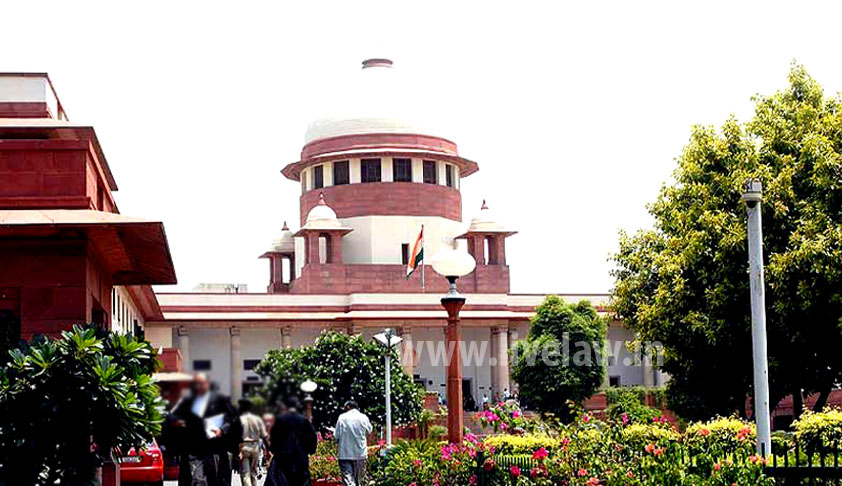- Home
- /
- News Updates
- /
- Detention for a period of twelve...
Detention for a period of twelve months at a stretch under 'Goonda Act' is violation of detenu's rights; SC
Anoop Koneeri
9 May 2014 12:08 PM IST
Supreme Court has observed that passing a detention order under the Andhra Pradesh Prevention of Dangerous Activities of Bootleggers, Dacoits, Drug Offenders, Goondas, Immoral Traffic Offenders and Land Grabbers Act, 1986 for a period of twelve months at a stretch, without proper review, is deterrent to the rights of the detenu.A two Judge Bench comprising of Justice Ranjana Prakash Desai...
Tags
Andhra Pradesh High CourtAndhra Pradesh Prevention of Dangerous Activities of Bootleggers Dacoits Drug Offenders Goondas Immoral Traffic Offenders and Land Grabbers ActCherukuri Mani v. The Chief Secretary Government of Andhra Pradesh & OrsDetentiondetenu’s rightsGoonda ActGovernment of Andhra PradeshHabeas CorpusHigh CourtJustice N.V.RamanaJustice Ranjana Prakash DesaiSCSupreme CourtWrit Petition
Next Story



